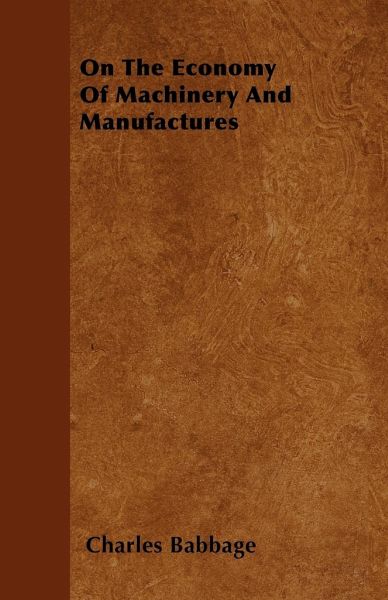
On The Economy Of Machinery And Manufactures

PAYBACK Punkte
15 °P sammeln!
Charles Babbage is considered by many the father of computing, building the first programmable computer, his difference engine. This is a fascinating and readable account of how this genius saw that machinery could help improve the economy.




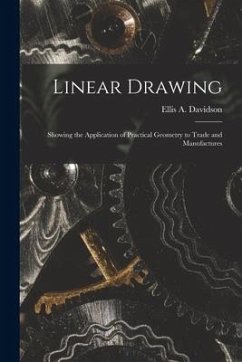

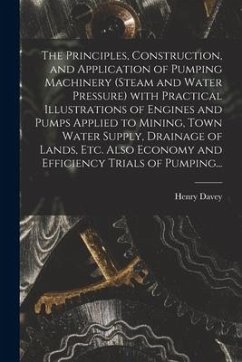



![Theory of Machines [microform]: Including the Principles of Mechanism and Elementary Mechanics of Machinery Cover Theory of Machines [microform]: Including the Principles of Mechanism and Elementary Mechanics of Machinery](https://bilder.buecher.de/produkte/66/66170/66170689n.jpg)
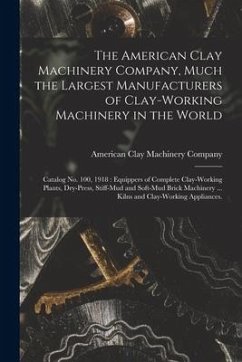
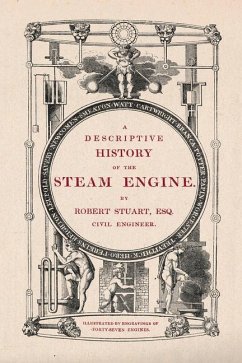
![Mechanics of Machinery [microform] Cover Mechanics of Machinery [microform]](https://bilder.buecher.de/produkte/66/66189/66189974n.jpg)